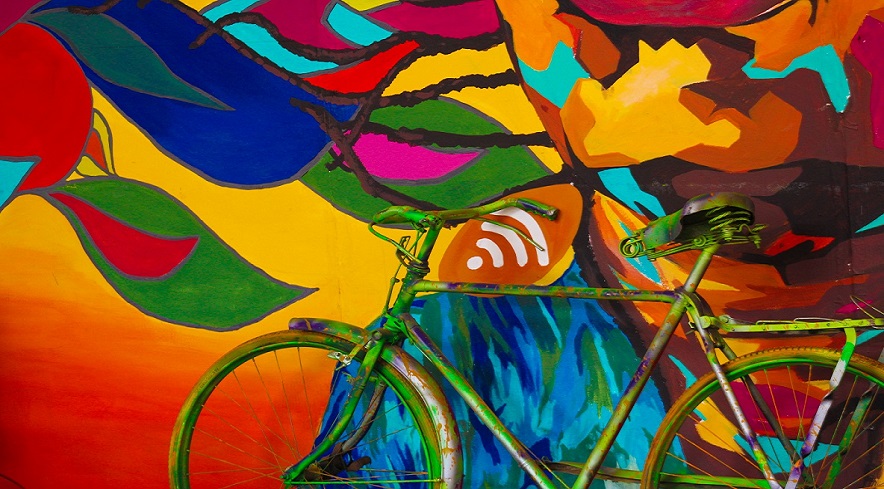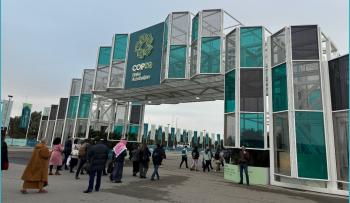
Cycling for a Lively Economy
The narrative of Velo-city 2018 tells us that to “Learn to Live in order to achieve Happiness and Quality of Life, we need to Integrate Life and Transport generating a Lively Economy. The city of the future is a city with Access to Life”. Diving deeper into the subtheme of Lively Economy, its main theme is the link between economics and transport going beyond theory and into life and practice. In order to better comprehend the context of Lively Economy and how it fits into Velo-city 2018, let’s take a sneak peek of some of this subthemes’ indicative sessions:
During the first day of Velo-city 2018, the subjects of urban planning and infrastructure will be explored and thoroughly discussed. In a stimulating session focusing on cities for people and on rethinking urban planning, Pippa Coom (Auckland Council) and Jorge Brand (City Councilor of Curitiba) will examine to what extent the prevalent car–centric urban planning paradigms are increasingly becoming outdated, signaling a need to bring the attention back to the people. Their session will explore this necessity to refocus our planning away from a planning model based on individual motorized transport towards people-centre low-carbon sustainable mobility systems.
Later on the same day, in an equally exciting session, Ivo Mulders (IPV Delft), Marie Kåstrup (City of Copenhangen’s Bicycle Program) and Alejandra Leal (Céntrico) will talk to us about infrastructure and small vs. big city design. They will discuss the differences between cities of developed countries and metropolises of developing countries, as well as how design impacts safety.
The second day of Velo-city 2018 will include a session on CHIPS-Cycle Highways Innovation, during which Life Cycle Highway-a four stage approach to develop Cycle Highways will be introduced. The session will feature Sjors van Duren (RHDHV), Lisette Hoeke (NHTV University of Applied Sciences), Geert de Leeuw (NHTV University of Applied Sciences) and Carolien Ruebens (ECF).
On day 3, Parvesh Kumar (iTrans), Mariel Figueroa (independent consultant in Transportation and Urban Mobility), Lina Lopez (Active Mobility team of the Metropolitan Area of the Aburrá Valley) and Ivan De La Lanza (Cities program for the World Resources Institute México) will discuss the role and importance of bike-share systems on intermodality, in order to optimize public transportation. On parallel, Cristina Mendonça (c40), Carlos Pardo (Despacio.org), Viviana Tobón Jaramillo (Metropolitan Area of Valle de Aburrá) and Letícia Quintanilha (Sustainable Mobility Laboratory - UFRJ) will be focusing on Metropolitan Areas Governance, inclusion and transportation as one system.
Finally, during the last day, Warner Vonk (ifluxo), Dylan Passmore (Senior Transportation Design Engineer with the City of Vancouver) and Aleksander Buczynski (ECF) will form a panel discussion to answer questions such as “is infrastructure copy and paste enough?”, “how long can we copy and paste, when it comes to cycling?”, and analyze cases of success and failure.
Take a look at the new Program Grid, available on Velo-city website, read more sessions’ descriptions and start planning your Velo-city 2018 agenda already!
For all information on the Velo-city 2018 Program please click here: For Velo-city 2018 Side-events please click here: For Velo-city 2018 Speaker line-up please click here: Register now for Velo-city 2018 Rio de Janeiro! Make sure to register now as early birds get a discount of $100 on the full admission price! Full price list here. *Stay up to date by following us on social media: Facebook, Twitter, Instagram and join our group on LinkedIn
Network/Project Involved:
Contact the author
Recent news!
Upcoming events
Contact Us
Avenue des Arts, 7-8
Postal address: Rue de la Charité, 22
1210 Brussels, Belgium









